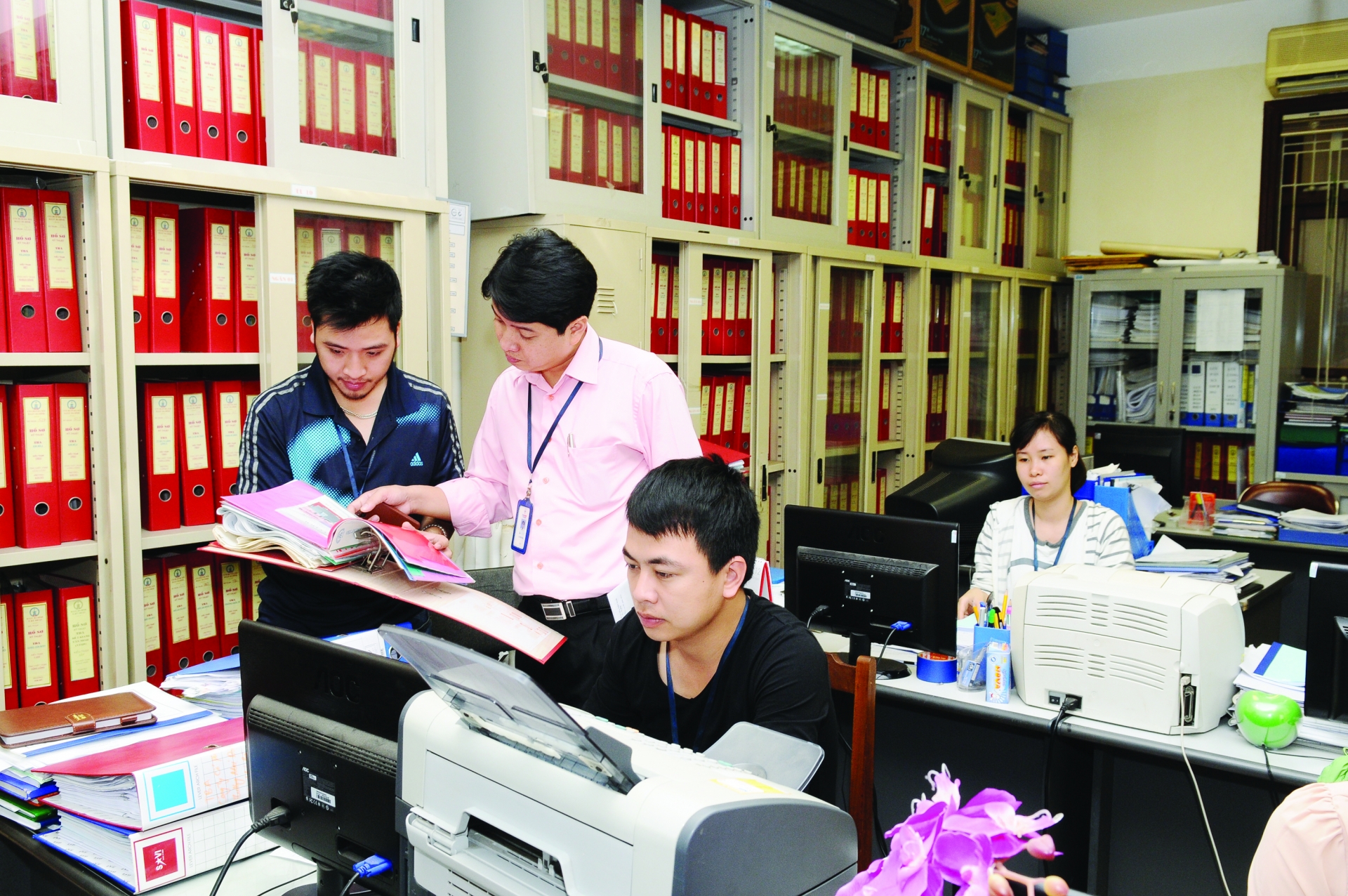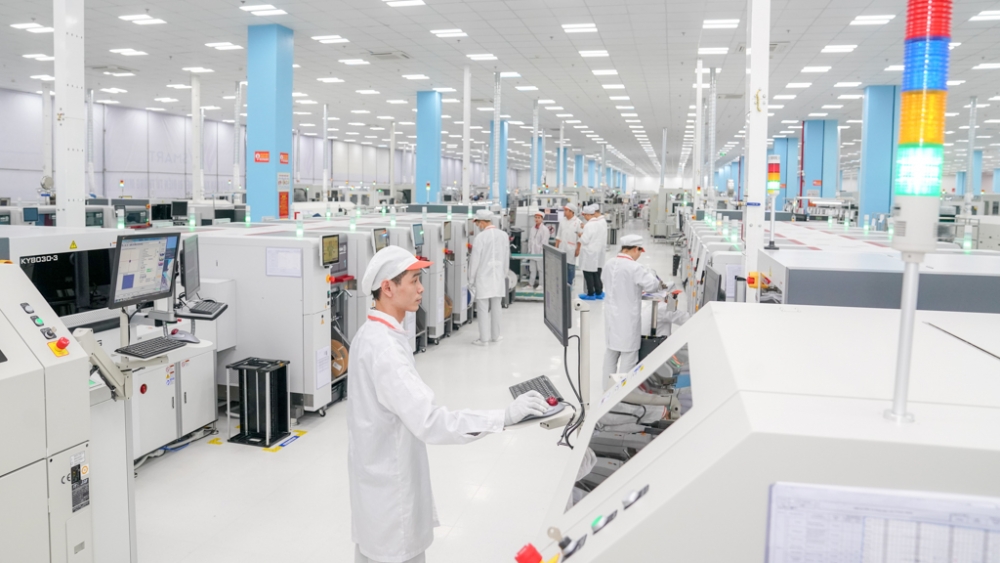Hanoi aims to become digital information leader
(VEN) - The Hanoi Department of Information and Communications has drafted a digital transformation program for the capital city by 2025, with a vision to 2030, and submitted it to the Hanoi People’s Committee.

Digital transformation program
Hanoi aims to become one of the top five localities in Vietnam in terms of digital transformation, information technology, competitiveness, creative innovation and cyber security by 2025. The capital also strives to be among the data science and artificial intelligence (AI) leaders in Southeast Asia.
According to the plan, Hanoi will have a highly developed digital government, economy and society by 2030. That will entail comprehensively modernizing local government administration, trade and production activities and residents’ way of living and working, while developing a safe and humane digital environment.
The city’s targets include rapid and sustainable development based on science-technology, creative innovation and high-quality human resources, taking effective advantage of opportunities provided by the fourth industrial revolution in order to promote socioeconomic development. Planners see Hanoi as a green, smart and modern city with regional and international competitiveness and complete industrialization a decade from now.
Nguyen Thanh Liem, director of the Hanoi Department of Information and Communications, said the program aims both to develop a digital government, economy, society and digital technology businesses that can go global.

Targets
Regarding the development of a digital government, its goal is to enhance efficiency and effectiveness of operations with all administrative procedures provided online at level 4 on all platforms, including mobile phones. In addition, 90 percent of documents at the city level, 80 percent of files at the district level, and 60 percent of records at the commune level will be available online (except for classified documents). All of the city’s specialized databases will be connected and shared with the national database on population, lands, business registration, finance, and insurance, while 50 percent of state management agencies’ inspections will be conducted in the digital environment and the city’s information system.
The blueprints also call for improved competitiveness, with the city’s digital economy comprising 30 percent of the gross regional domestic product (GRDP) and labor productivity growing by 7-7.5 percent.
As for the development of a digital society, Hanoi will strive to narrow the digital gap by supplying broadband infrastructure to over 80 percent of households and 100 percent of communes, wards and towns; universalizing 4G/5G mobile network services and smartphones and making internet available at a low cost to everyone. The proportion of the population with an electronic payment account is targeted to exceed 50 percent.
| Hanoi targets to be among the top three localities nationwide in digital transformation, information technology, competitiveness, creative innovation and cyber security by 2030. |








